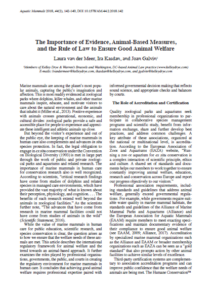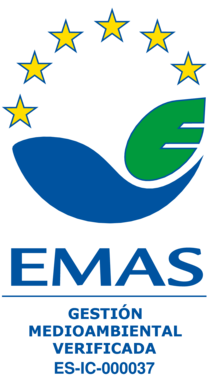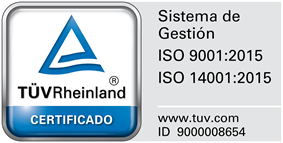Laura van der Meer, Ira Kasdan, and Joan Galvin*
*Members of Kelley Drye & Warren’s Brussels and Washington, DC-based Animal Law practice (www.kelleydrye.com)
Read full article: 44.2 van der Meer
Marine mammals are among the planet’s most popular animals, capturing the public’s imagination and affection. This is most readily evidenced at zoological parks where dolphins, killer whales, and other marine mammals inspire, educate, and motivate visitors to care about the natural environment and the animals that inhabit it (Miller et al., 2013). Positive experience with animals crosses generational, economic, and cultural divides: zoological parks provide a safe and accessible place for people to experience and appreciate these intelligent and athletic animals up close.
But beyond the visitor’s experience and out of the public eye, the keeping of marine mammals in human care also complements and advances in situ species protection. In fact, the legal obligation to engage in ex situ conservation under the Convention on Biological Diversity (1993) is met in large part through the work of public and private zoological parks and aquariums and related research. The importance of marine mammals in human care for conservation research also is well recognized. According to scientists, “critical research findings have come from studies of dolphins and related species in managed care environments, which have provided the vast majority of what is known about their perception, physiology, and cognition… The benefits of such research extend well beyond the animals in zoological facilities.” As the scientists further note, “The advances that have come from research in marine mammal facilities could not have come from studies of animals in the wild” (Scientific Statement, 2016).
While the value of marine mammals in human care for public education, scientific research, and species conservation is clear, the question arises as to how we ensure that the welfare needs of these animals are met. This article describes the international regulatory framework for animal welfare and the trend towards an animal-based approach. It further examines the roles played by professional organisations, governments, the public, and courts in creating the regulatory environment for marine mammals in human care. It concludes that achieving good animal welfare requires professional expertise paired with informed governmental decision making that reflects sound science, and appropriate checks and balances by courts.














